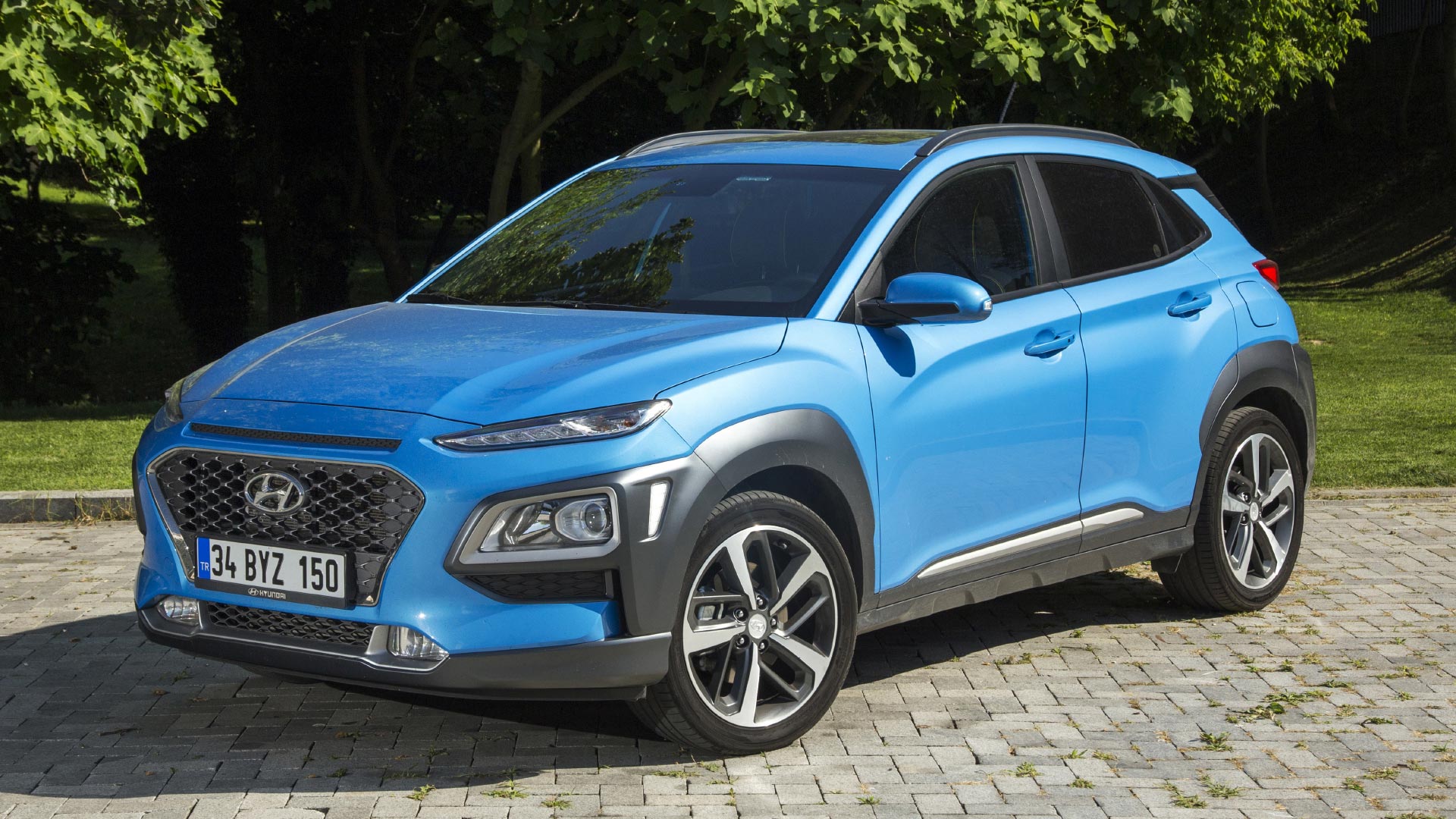
Officials are seeking legal action after a sharp rise in car thefts involving Hyundai and Kia vehicles, which they attribute to viral videos circulating on social media platforms, particularly TikTok.
Police departments across the nation have blamed videos popularizing the “Kia Challenge,” which teaches individuals how to exploit a security vulnerability in certain vehicle models sold in the United States using just a USB cable.
The vulnerability stems from the absence of engine immobilizers, a standard feature in most vehicles since the 1990s, which prevents the engine from starting without a key.
The alarming trend persists despite efforts by Hyundai to collaborate with TikTok and other platforms to remove the videos.
As new videos emerge, fresh waves of thefts continue, highlighting the impact of dangerous content that captivates teenagers looking for viral fame.
This rise in car thefts, known as performance crime, has led to an increase in arrests and charges against juveniles in several cities.
However, experts cautioned that the involvement of teenagers in these thefts, not limited to Kia and Hyundai vehicles, may be overrepresented due to their lack of experience in criminal activities, making them more prone to getting caught.
In response to the rise in thefts, 17 state attorneys general have called for mandatory recalls of the affected vehicles, arguing that the voluntary software fixes offered by the automakers are insufficient.
Furthermore, multiple cities, including Baltimore, Milwaukee and New York, have either filed or announced plans to join legal actions against Hyundai and Kia.
The companies face class-action and civil lawsuits from affected consumers, with one recent settlement, totaling approximately $200 million.
According to the National Highway and Safety Administration, the online trend has also resulted in at least 14 crashes and eight fatalities. However, attorneys suing the automakers suggest that the actual numbers could be much higher.
The blame for these incidents has been directed not only at the automakers but also at social media platforms.
YouTube, for instance, has removed videos depicting car break-ins and the use of USB cables to hotwire vehicles after being notified by concerned parties.
While a TikTok spokesperson denies the mass popularity of dangerous challenges mentioned in news reports, critics argued that the platform’s content moderation practices fall short.
TikTok’s enforcement report indicates that 5% of the removed videos were related to dangerous acts and challenges, with 82% of those taken down within 24 hours.
“There is no evidence any of these challenges ever ‘trended’ on TikTok, and there is a clear documented history that many challenges falsely associated with TikTok pre-date the platform entirely,” TikTok spokesperson Ben Rathe said in defense of the platform.
Similar concerns regarding content screening have been raised for other platforms such as Meta, the parent company of Facebook and Instagram.
Although the “Kia Challenge” is currently the focus of social media-driven crime, it is not the first phenomenon of its kind.
LaGrange, Georgia, police Lieutenant Mark Cavender warned of a recent trend called the “Orbeez Challenge,” in which people shoot the gel-filled balls at friends or strangers using airsoft guns.
Cavender said police witnessed middle schoolers using toy guns painted black to look like real weapons, and immediately put out a notice to stop the practice.
Michael Scott, a former St. Louis police officer and currently director of the Problem-Oriented Policing Center at Arizona State University, noted that social media has only accelerated the spread of criminal techniques, as previous examples of group criminal activities, like the “wilding” incidents of the 1980s or car theft techniques involving General Motors vehicles in the 1990s, had already surfaced even before the prevalence of social media platforms.





